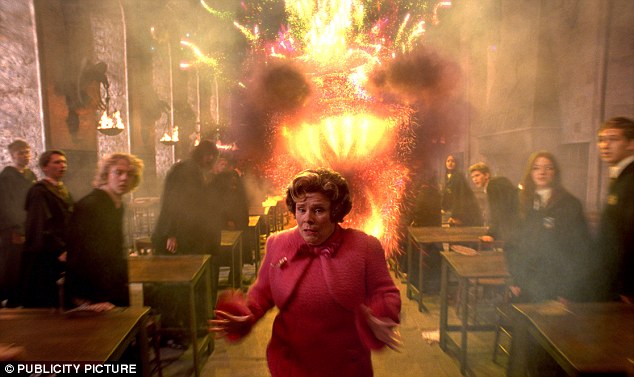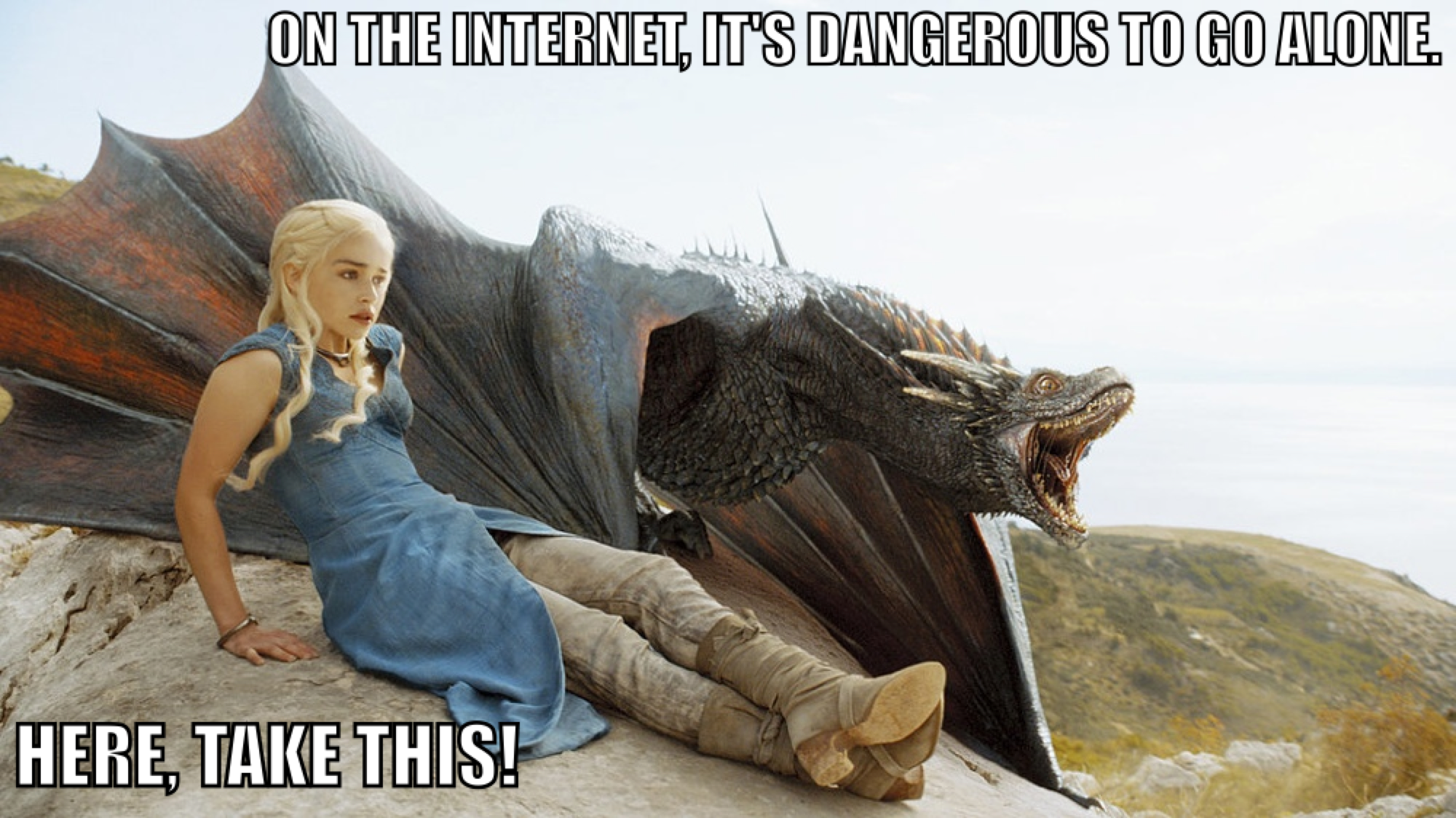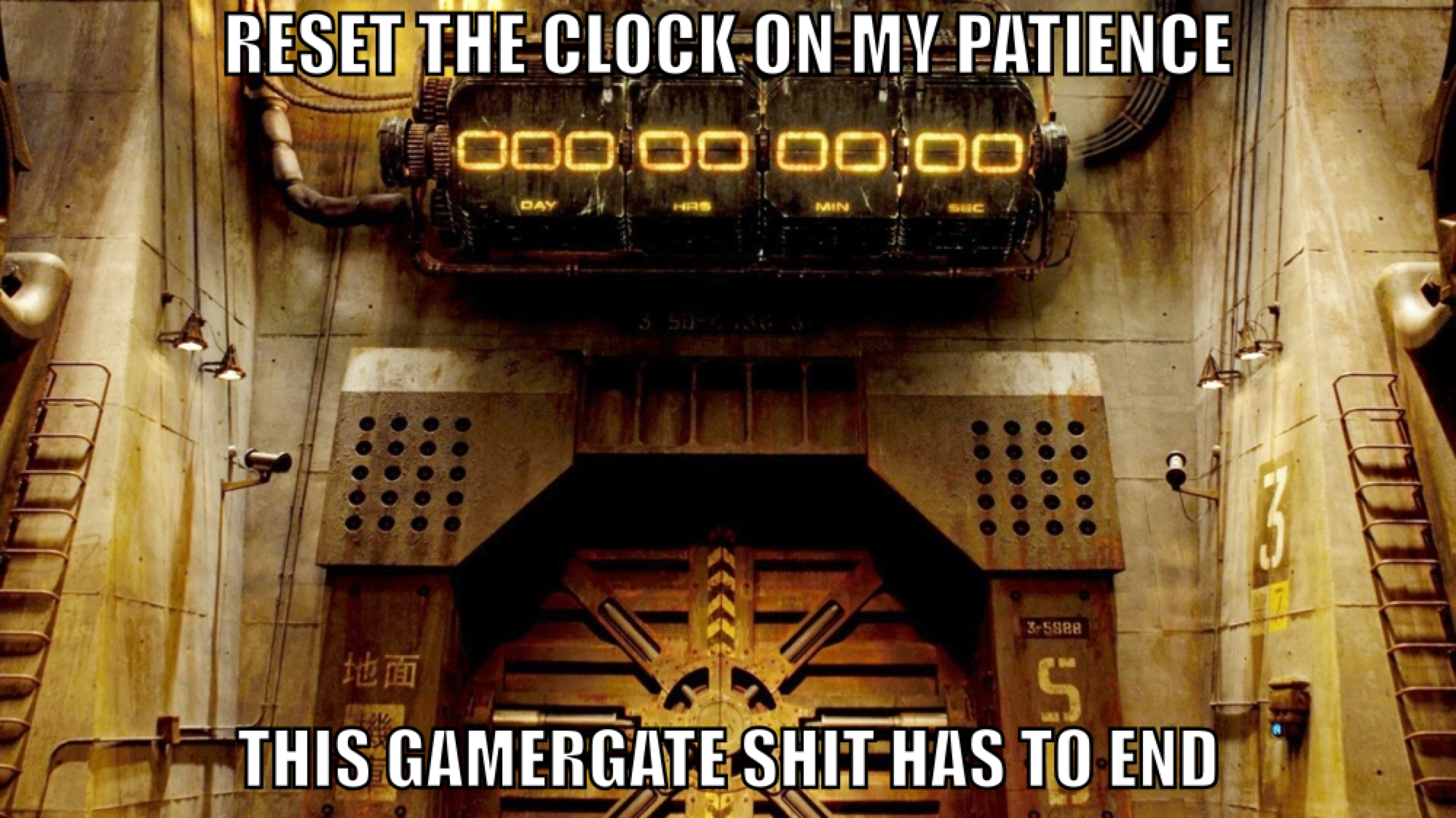[Note: This is a post written back in 2018. At the time I was too nervous to put up this post due to the intensity of my feelings. I think now it’s as important as ever to talk about and so I’m posting it.]
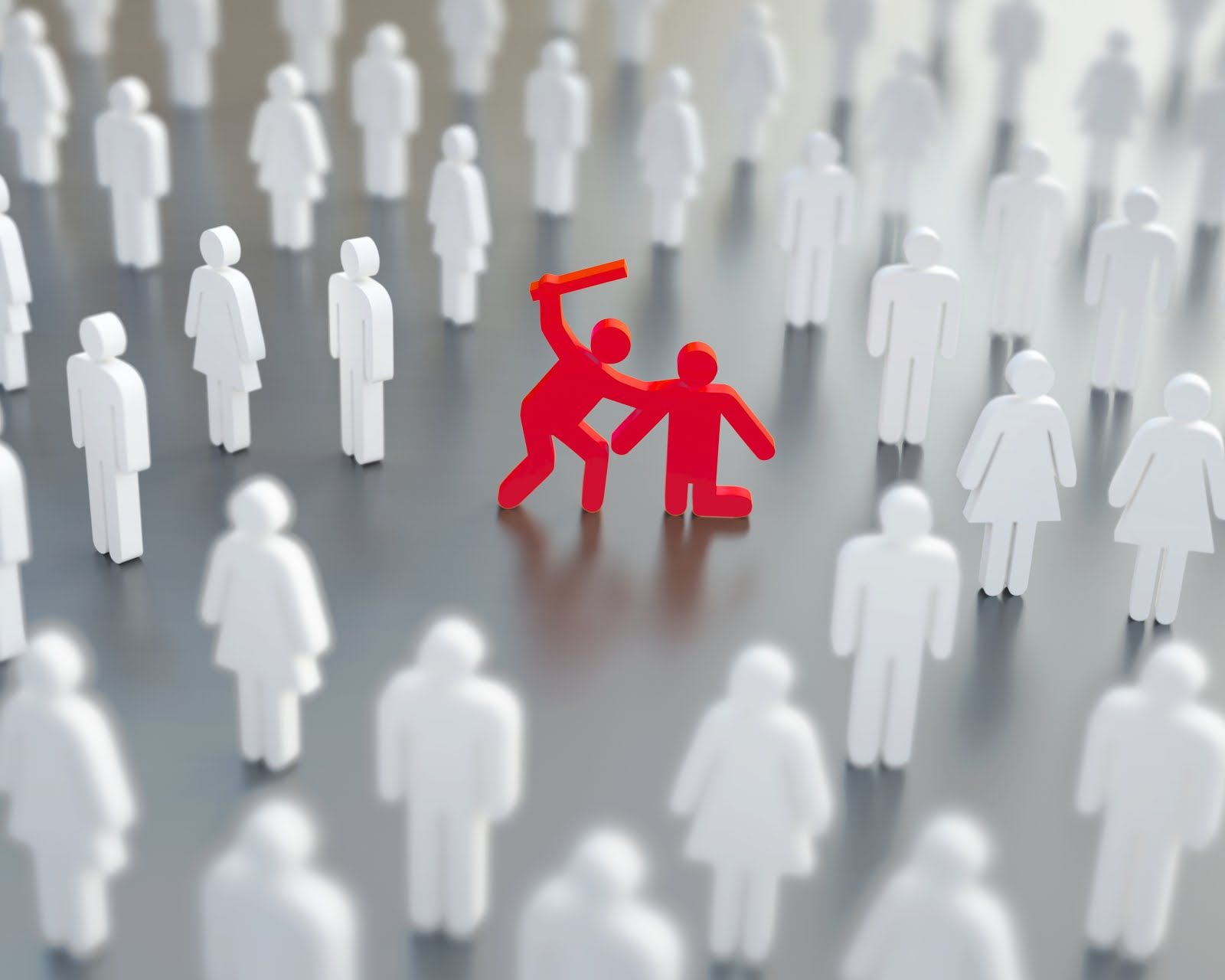
I owed someone an apology, and it wasn’t my fault.
There’s nothing worse than being involved in a situation where due to someone else’s actions, your very presence caused a problem or harmed someone else. You might only be tangential to a situation, but through the confluence of events, you’re suddenly aware that for your sake, someone else was hurt. For you, someone else was put on the spot.
I had this happen to me recently. I was put in a situation where due to my needs, someone else was put out. Not only put out but hurt, where they should have been cared for and their needs met. I felt the need to apologize, even though the situation wasn’t my fault. And it gave me a great deal of insight into a problem I’ve seen going on for some time but didn’t have a chance to articulate until now.
But I’m getting ahead of myself. Let’s back up and start again.
We have a problem with safety in the gaming community. And that problem is complicity.
We live in an era of pretty awful social breaches within our communities, social breaches which run the gamut from rude and inappropriate behavior to all-out situations of sexual harassment, assault, and violence. From politics to Hollywood, from bigger cultural institutions to our own gaming backyards, online movements like #MeToo and other online threads have brought out stories of harassment, degradation, misogyny, mistreatment, and more, leading me to wonder sometimes if there’s any place safe from the predations of bad actors (the answer, my pragmatic side replies to my oh-so-innocent inner naivete, is no).
Yet in the face of all this ongoing horrific disclosure from men and women who’ve suffered some truly horrible nightmares, we’ve seen communities responding in positive ways. Safety policies are being developed and organizers and leaders are finding ways to safeguard their populations by recognizing bad actors and weeding them out for the safety of everyone. The arrest of people like Harvey Weinstein in Hollywood and the indictment of actor Bill Cosby have given people hope that justice, albeit slow and often full of compromise, is possible. Slowly but surely, we’re hopefully climbing towards a better tomorrow.
The fact is, however, there is still a huge stumbling block in the face of truly transforming the spaces we inhabit. Though our communities are (usually) full of well-meaning and positive individuals, whose aim is to be in a social space with others of like minds and interests for the purpose of finding unity of purpose and commonality, there are those who are around because they want the community to fulfill their own destructive, selfish needs. They bring damage in their wake, sometimes unconsciously and sometimes consciously and sometimes based simply on a view of reality so different from everyone else it boggles the mind. These people are the abusers, the manipulators, the tragically thoughtless, the hopelessly deluded. And they are within every community, acting in various degrees of inappropriateness, from the simply hurtful to the downright criminal.
We all have them, in every community, in every space.
And we still put up with them.
Sure, the most egregious bad actors are easier to recognize and target for removal. Those who act for example in an overtly aggressive manner or are violent or caught in a flagrant bad act are easier to target for exclusion from the community. Yet for every bad actor extracted from the community for safety, there are a thousand other little infractions, cuts of various sizes inflicted, which go unaddressed and unattended. These are not simply the sort of slights one does to a single individual, but rather a pattern of systematic abusive or selfish actions which harm others over and over. Often, these individuals are recognized, their behaviors identified as problems, and they garner a label as a ‘problematic’ person. And yet-
And yet these people don’t receive any adjustment in behavior. And yet the bad behaviors continue unchecked. That is until things become so bad they can no longer be ignored, often coming to a head in an action which causes intense harm to one or more people.
How does this happen? How do these ongoing bad actors and their harmful actions continue on and on until things get out of control and implode into traumatic and hurtful events?
The answer, in my mind, is complicity. And we’re all a part of the problem, each and every one of us, one and all.
I had to explain to my father about the internet the other day. Or specifically, the realities of being a woman on the internet.
I was busy trying to listen to the announcements about video games announced at E3 and at the same time trying to explain to my father what some of the terms I mentioned about video games meant. When I expressed my dismay that a particular game was going to have an online multiplayer mode, my father didn’t understand what that meant. I told him about online play, about teaming up with others and getting a chance to play together remotely. He said that sounded like a fun thing to do, playing with others instead of alone.
So then I had to explain to my father about the internet and how it treated women. I had to explain online harassment, the term incels, and Gamergate. It branched off into a discussion about SWATing, about the harassment of women like Anita Sarkesian and Zoe Quinn, of death threats and unsolicited sexual advances, and of rampant misogyny. I had to tell him the story about coming back from speaking at PAX back in 2013 and finding my inbox full of death and rape threats and pictures of decapitated animals and people because I’d been on a panel about feminism in gaming and nerd culture.
It wasn’t the first time I tried to explain things like this to my father, who sometimes just seems boggled by the issues of modern communities. This time, he was horrified and furious. He didn’t understand how this stuff happens today. As he’s often said when I tell him about awful things going on, he’ll blurt out, “But it’s 2018! How does this happen?”
And every time, I keep coming back to the same answer, over and over.
“Because we let it happen.”
With that answer, I in no way mean to blame victims for what happens to them. Far from it. The ‘we’ I mean when I give that response is the collective we of communities at large, who see issues going on and remain in said community without causing disruption to protest bad actors or horrific events. Faced with reports of bad behavior, plenty of communities choose to turn a blind eye or refuse to engage with individual problematic events, or even escalating patterns of bad action, for the sake of maintaining the status quo. Instead, we fall back on the idea of “it’s not my business” or “there’s two sides to every story” or my favorite, “I don’t want to get involved.”
When trying to explain this to my father, I was reminded of a situation from my childhood. There was a family I knew growing up who had serious problems. The father was a violent person who abused both his wife and daughter on a regular basis, while the mother had mental illness issues to contend with while trying to raise her child. The husband’s malicious actions were widely known among both the adults around me and, as I discovered later, the community at large. But no one did anything. In the end, the wife was so badly damaged by the events she was forced to be institutionalized, while her daughter finally ended up in foster care for her own safety. The trauma went on for years with so many people aware of the problems going on. Yet no one acted, because to act would involve them in another bad situation outside their own lives. Members of the community were complicit, and the damage was done.
And back in the gaming community, the damage is being done. And we are all complicit too.
The gaming community has seen an escalation of toxic masculine behavior, fueled by the anonymity of the internet and the lack of repercussions against those who harm others. From verbal and written harassment to stalking, death threats, and harm against property and data, behaviors which many consider harmless have led to real and lasting damage to marginalized populations and women, in particular, to name one group.
Yet with every outcry, there is a larger policy of deaf ears to overcome, a general epidemic of see no evil, hear no evil to contend with. When presented with the stories of harassment and harm, repeated over and over until a larger pattern of toxic encouraged behavior becomes apparent, the population at large seems unable or unwilling to stand up and in one voice say they simply will not abide this behavior. Everyone has heard the same stories, seen the same social media posts, and yet the behavior continues unabated. And those fighting to make it stop happening, who work to mitigate the damage or present new options to change the community for the better, are fighting a downhill-flowing tide of tireless work and horrific situations intending to bury them whole.
They’d have a better chance, however, making a difference if they weren’t surrounded by people unwilling to interrupt their regularly scheduled programming to help make a change.
There’s a very famous story out of New York about a young bar manager named Kitty Genovese. Back in March of 1964, the 28-year-old woman was on her way back from work when she was stabbed repeatedly in the courtyard of her apartment building in Kew Gardens, Queens by Winston Moseley. Kitty Genovese lay dying in the chilly night air outside her building, crying for help, and receiving none. The New York Times later reported that 38 people were witnesses to the event, either hearing Ms. Genovese crying out for help or seeing her lying on the pavement, but each chose to do nothing. The incident became the origin of the term bystander effect, a sociological phenomenon in which people are unwilling to offer help when others are present for fear of taking responsibility or ‘becoming involved’ in the trouble.
Years later, researchers have discovered many holes in the Genovese story casting doubt on the validity of many of the details of that night. But the concept of the bystander effect has remained a replicatable sociological phenomenon. When presented with a situation that is difficult or requires direct action, people will often decline to act because they either believe others will take care of the problem instead or else they don’t want to get involved out of fear of reprisal or simply due to indifference or lack of willingness to become involved. People don’t want to complicate their already complicated lives by involving themselves in the problems of others, in disrupting their status quo to introduce an unstable element that might end up causing them trouble.
Looking at the gaming community, we have a hell of a lot of bystander effect going on. Because we, like many other communities, are either full of folks who are simply deeming themselves too busy to get involved in standing up against problems, or believe someone else is going to fix the situation for them, or feel powerless in the face of such overwhelming negativity, or are the victims of it themselves. And many are simply too frightened to stand up and make a change, afraid of being targeted themselves or perhaps even having their own actions picked apart and targeted.
So we all sit back and wait, wait for someone else with the power to make the decisions, or for someone else to seize that power to change things up. We hear the cries of the women harassed by Gamergate, or harmed in our tabletop RPG communities, or in the Sci-Fi and Fantasy fiction world like those bombarded during the Sad Puppies debacle. And rather than speaking up in one voice, we do not seek action. We remain complicit. We continue to enjoy our social activities and communities without taking an active role in solving the problems at hand.
We may not agree on solutions, or even if the problems are necessarily what they seem to be. Communities can disagree over problems, but as long as they engage with them in a direct manner, they are breaking the chain of disinterest which allows problems to fester. By bringing them to the forefront they allow the problems to go from being problematic to being recognized problems with the possibility for solutions. By burying problems instead and avoiding conflict, we leave the work to a few individuals to make the change for us. And when it doesn’t happen, we bemoan the difficulties in our world. But in the end, we did little to nothing to change things for the better.
This makes us complicit. And therefore, in our own way, part of the problem.
And yes, I’m saying we. Because I am certainly, in my own way, part of the problem.
Anyone who knows me knows I’m someone who knows how to speak up for myself. When I need to, I’m capable of making a lot of noise to raise awareness of an issue, be it personal or otherwise. And yet faced with the situation I mentioned at the article’s opening, I didn’t do a damn thing to mitigate the damage done in my name. In fact, I sat there quietly and profited from the experience. I was complicit.
During an event I attended, I needed assistance from a member of staff. To provide me with assistance, that staff member callously brushed aside the needs of another person who was in crisis and needed, at the bare minimum, to be left alone. But instead, my needs were put ahead of this person’s and they were hurt. Now, I could go on about how that situation needed to be addressed, and what the staff member should have or could have done to not harm another person in question to help me out. Yet the part I keep coming back to since the event isn’t what this other person could have done in the situation – but what I could have done better.
Instead of speaking up at the time, I remained silent in the face of someone else getting hurt. I saw someone’s feelings get ignored by a person in power, someone whose job it is to look out for others at an event. I don’t know that it was done maliciously – in fact, I believe it was a thoughtless action brought on by short-sightedness. Yet that is no excuse for the harm caused, and I’ll do you one more: there’s no excuse for me not speaking up. By keeping my mouth shut, I made myself complicit in the actions taken. By not speaking up, I was implicitly aligning myself with the bad behavior.
To twist the NYPD slogan: I saw something, and didn’t say something. And I profited from the situation at another person’s expense.
And so we’re back around from my experience to the larger bodies involved. Take my experience and expand it to how many other incidents, how many other safety questions and harmful situations ignored. How many issues exist, some as tiny as mine and some massive problems that cause life-threatening incidents in communities, which go unresolved, festering and growing, until they boil over?
“But Shoshana,” you may ask, “how can we make change? We’re just little tiny parts of a larger system? A larger body that drowns out little old me?”
Well sure, it can drown you out. If you’re only one voice, it might. But if we changed the culture of complicity, if we really took up the idea of “If you see something, say something” and stood up for our fellows, we would disrupt the power structures enough to see real change on a faster timetable. We might be able to disrupt things enough in fact so things can change on a more permanent basis and quicker so as to make sure fewer people are hurt as we press towards a safer and more progressive tomorrow.
How do we do that? There’s some simple ways to disrupt rather than be complicit:
- Speak up about larger issues: If you are aware that your community has a problem that is systematic and widespread, take a stand publicly against it. You don’t have to be on a soapbox and yelling constantly about it, but in the face of harmful behavior, if you stand up and say something it might encourage others to do the same.
- Vote with your dollars and presence: If an event, a product, a community or a team does not address toxic situations, removing yourself or protesting will hit their bottom line if you remove yourself and therefore your contributions. That includes not buying products whose communities or companies don’t address bad actors or situations.
- Intervene on a personal level: Bad behavior on a wider scale is perpetuated onward when small incidents are allowed to fester and remain unaddressed. Bad actors can be identified and either situations resolved or individuals removed but ONLY if people curb their conflict avoidance and instead engage the problem directly. Speak up and handle the situation or else seek help to mediate out the issue. If your problem is harmful and even dangerous, seek community leaders for backup. But don’t let your unwillingness to confront difficult situations help make you complicit in the harm they’ve caused.
- Recommend solutions: Identifying problems is only one step in the process. But making sure once you stand up you contribute resources to solving the problem? That makes it all the better. It might take some energy to get involved (and you should not feel obligated to put out more energy into a situation than you can handle) but with what energy you CAN spare, help present possible solutions to the problem to your community leaders. This is an active step not only beyond complicity all the way to becoming a community reformer.
And above all: do what you can. Not everyone’s ability is going to be the same. Not everyone has the same physical ability, emotional bandwidth, psychological make-up, time, responsibilities, or wear-with-all to take on problems. We’re all different and have different restrictions to keep in mind and respect. We can’t judge how much someone else is doing necessarily in terms of hours put in and content. But every person can do SOMETHING at a minimum to confront problems in their community, each within their own capability. Together we can take on issues, each in their own way, supporting one another and aligned towards a goal of a better tomorrow.
I hope I’ll get the chance to someday to make up for being complicit in that uncomfortable situation I mentioned. I’ve already made my apology, but I’m not sure that’s enough. Instead, I’m using the situation as a reminder that the communities around us are made up of individuals, and if each person stood up for what they believed was right, then we could transform our spaces towards a shared goal of social and justice evolution.

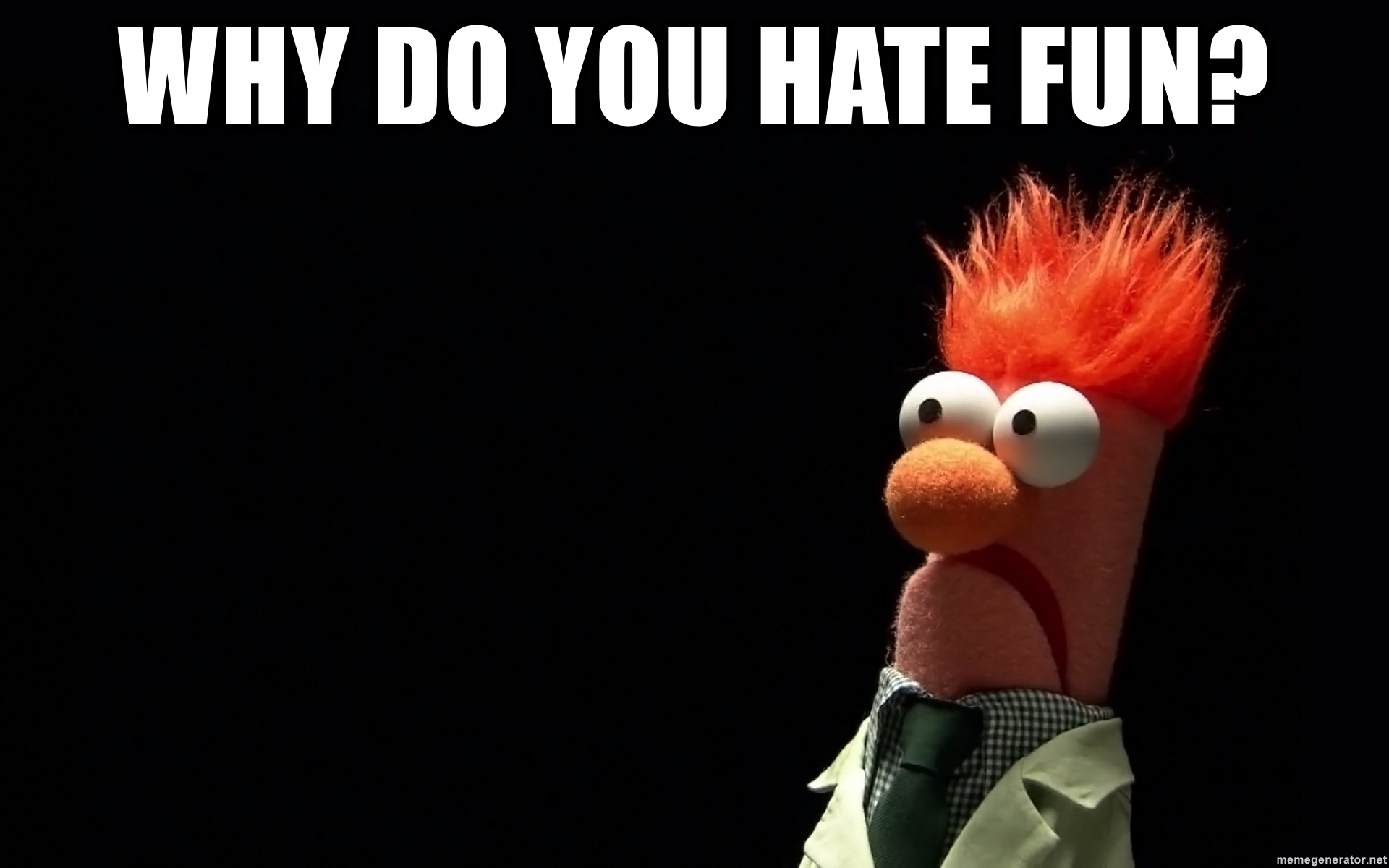








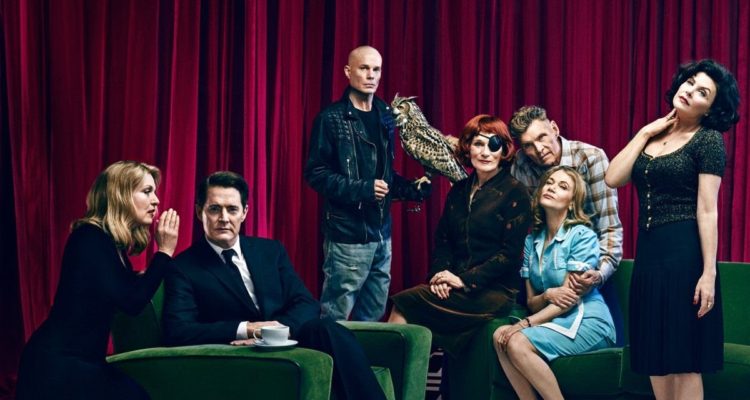

 I watched everyone flip about Idris Elba being cast as Roland because of the color of his skin and rolled my eyes. They made a great choice there, I thought, choosing a man of color for such a traditionally Clint Eastwood, square jaw white guy role. He would rip a hole in the scenery with Matthew McConaughey as The Man In Black. He would be the iconic man on his way to the Tower. He had the perfect gravitas. I would recite the Gunslinger Creed over my popcorn bucket and watch him do the reloading trick and be so happy. I got my friends together, those who were big fans and who weren’t, and I made a day of it. As I said to my friends, to a fan like me, it was like going to church.
I watched everyone flip about Idris Elba being cast as Roland because of the color of his skin and rolled my eyes. They made a great choice there, I thought, choosing a man of color for such a traditionally Clint Eastwood, square jaw white guy role. He would rip a hole in the scenery with Matthew McConaughey as The Man In Black. He would be the iconic man on his way to the Tower. He had the perfect gravitas. I would recite the Gunslinger Creed over my popcorn bucket and watch him do the reloading trick and be so happy. I got my friends together, those who were big fans and who weren’t, and I made a day of it. As I said to my friends, to a fan like me, it was like going to church.


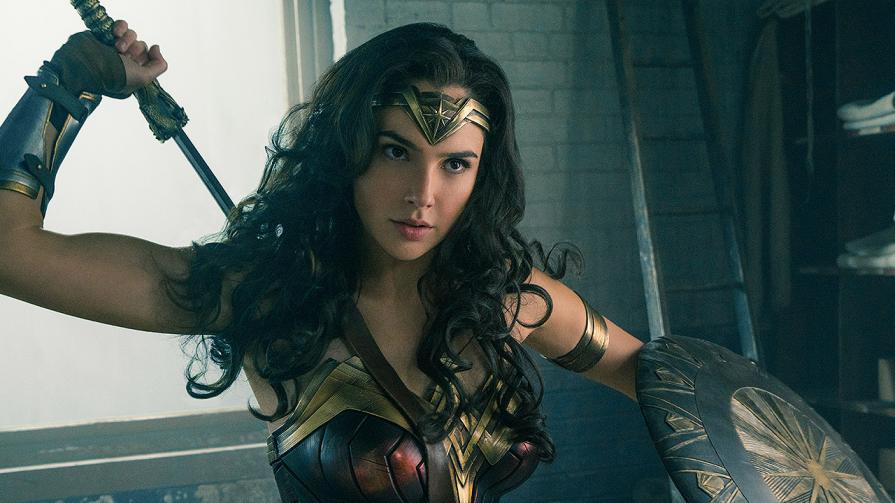

 It’s been years since I was what you’d consider very religious, but the ceremony of lighting Shabbat candles has stayed with me. It’s so important in fact that I chose to write a Larp about it for my contribution to the
It’s been years since I was what you’d consider very religious, but the ceremony of lighting Shabbat candles has stayed with me. It’s so important in fact that I chose to write a Larp about it for my contribution to the 



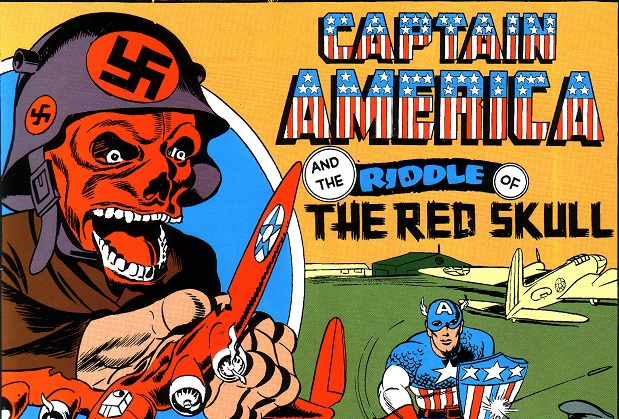
 So apparently, Captain America is a HYDRA agent now. And everyone seems intent on telling me how I should or shouldn’t feel about it.
So apparently, Captain America is a HYDRA agent now. And everyone seems intent on telling me how I should or shouldn’t feel about it.

 There’s been quite a lot of articles about how this is a desecration of everything that Captain America stands for.
There’s been quite a lot of articles about how this is a desecration of everything that Captain America stands for. 





